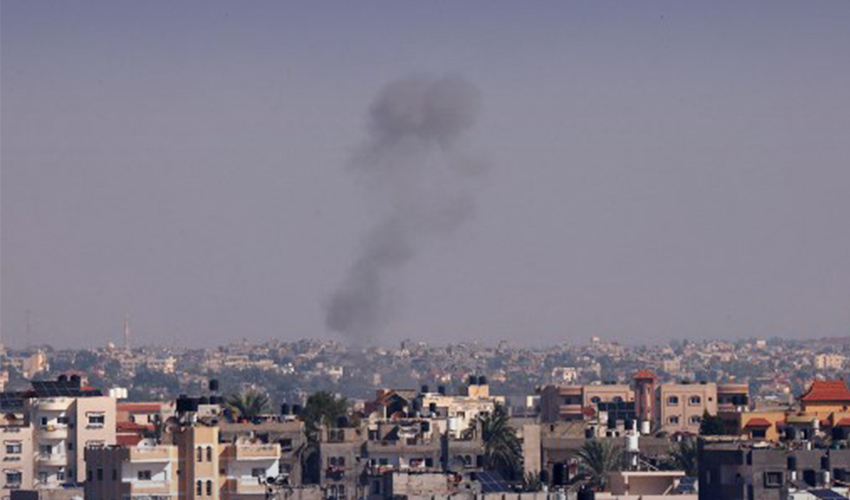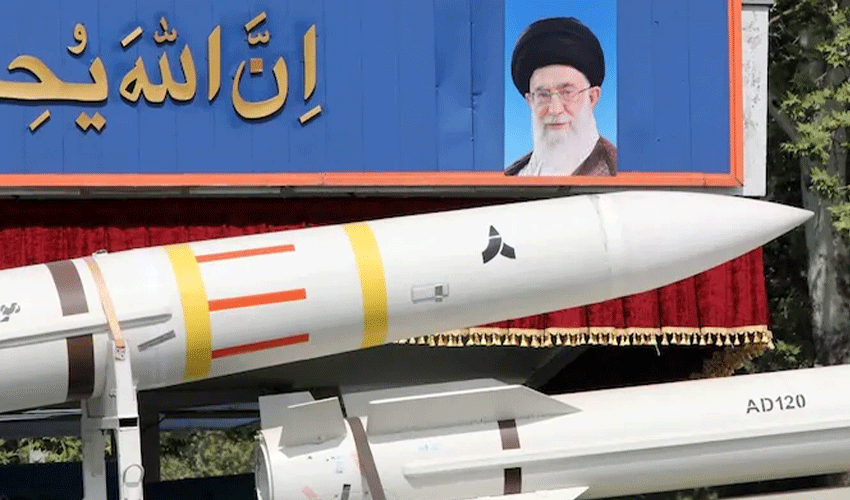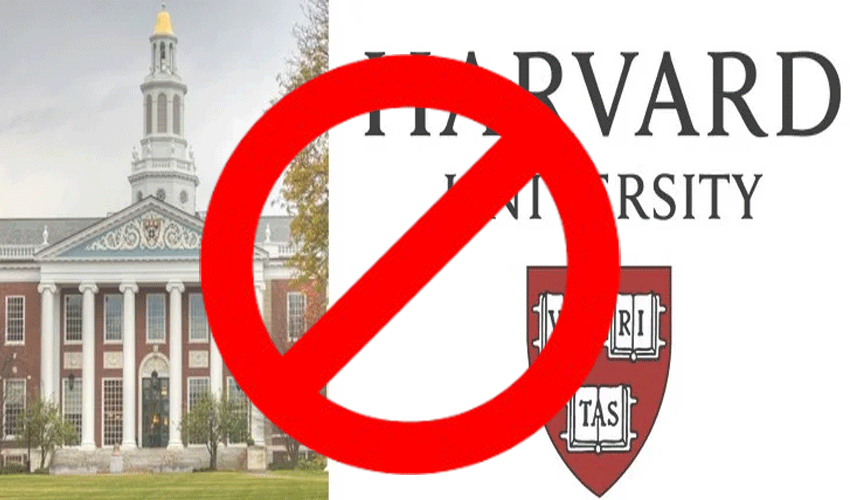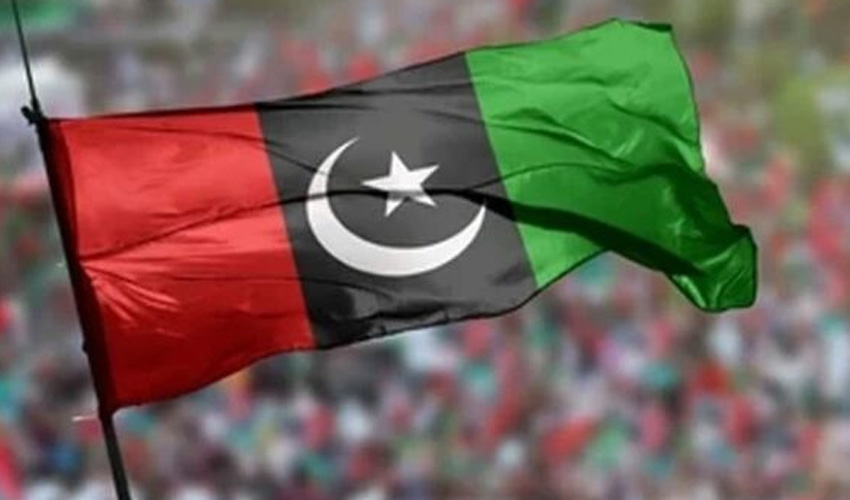The first shipment of fuel has entered Gaza following US pressure on Israel. This intervention allowed communication to resume in the territory, where a hospital director reported 26 casualties in a strike in Khan Yunis on Saturday.
The two-day blackout caused by fuel shortages ended after the first delivery from Egypt on Friday. Despite this, UN officials continue to call for a ceasefire, emphasising the lack of safe zones in Gaza.
The director of Nasser hospital in Khan Yunis disclosed receiving the bodies of 26 people and treating 23 with serious injuries after an airstrike on a residential building in Hamad city.
Israel, which has been conducting operations in Gaza, particularly at Al-Shifa Hospital, claims to be searching for a Hamas operations center it alleges is beneath the facility. Israel vowed to "crush" Hamas in response to the group's October 7 attack, resulting in approximately 1,200 deaths and around 240 people taken hostage, according to Israeli officials.
Israel's military has launched an air and ground campaign, resulting in 12,000 casualties, including 5,000 children, as reported by Hamas, which has governed Gaza since 2007.
Amid an imposed siege on Gaza, Israel permitted two fuel tankers a day to address electricity shortages affecting wastewater treatment facilities. This decision, following US pressure, aims to prevent the collapse of critical infrastructure.
"We took that decision to prevent the spread of epidemics," Israel's national security adviser Tzachi Hanegbi said.
A senior US official said the country had exerted huge pressure on Israel for weeks to allow fuel in.
The UN agency for Palestinian refugees (UNRWA) said 70% of residents had no access to clean water in south Gaza, where raw sewage has begun to flow on the streets.
Under the deal, 140,000 litres of fuel will be allowed every 48 hours, with 20,000 litres earmarked for generators to restore the phone network. Communication blackout, caused by fuel depletion, hindered aid deliveries, and UN officials stress that fuel supplies remain insufficient to meet humanitarian responsibilities.
In Gaza, the health ministry reported 24 patient deaths in 48 hours due to the lack of fuel for generators. Israel's military operations targeting hospitals face scrutiny, with claims that these facilities are used by Hamas, a contention rejected by the group and medical staff.
The Al-Shifa hospital, where Israeli troops initiated a raid, is sheltering thousands, including wounded patients and premature babies. Israel asserts that it discovered weapons and tunnel entrances at the hospital complex, allegations that cannot be independently verified.
Prime Minister Benjamin Netanyahu hinted at "strong indications" of hostages at the medical facility, though none have been recovered. The remains of two kidnapped women, Noa Marciano, 19, and Yehudit Weiss, 65, were found near Al-Shifa hospital.
As the conflict persists, more than 1.5 million people in Gaza are internally displaced, facing the immediate threat of starvation due to Israel's blockade. Over half of Gaza's hospitals are non-functional, and civilians endure extended waits for limited bread supplies.
Amid the violence, Israel advised Palestinians to move south for safety, yet deadly airstrikes persist in central and southern Gaza. The surge in violence extends to the Israeli-occupied West Bank, with increased settler attacks and intensified military raids, resulting in a soaring Palestinian death toll.
The Israeli army reported killing at least seven militants in two separate West Bank confrontations. Overnight, the Red Crescent reported five casualties in a strike on Fatah group's headquarters in the Balata refugee camp, confirmed as "counterterrorism activity" by Israel's military without providing details.



























